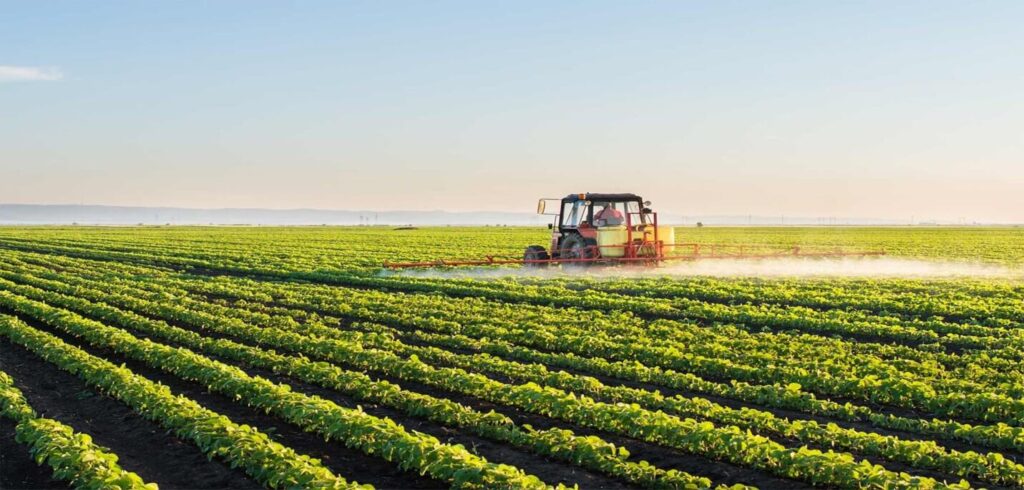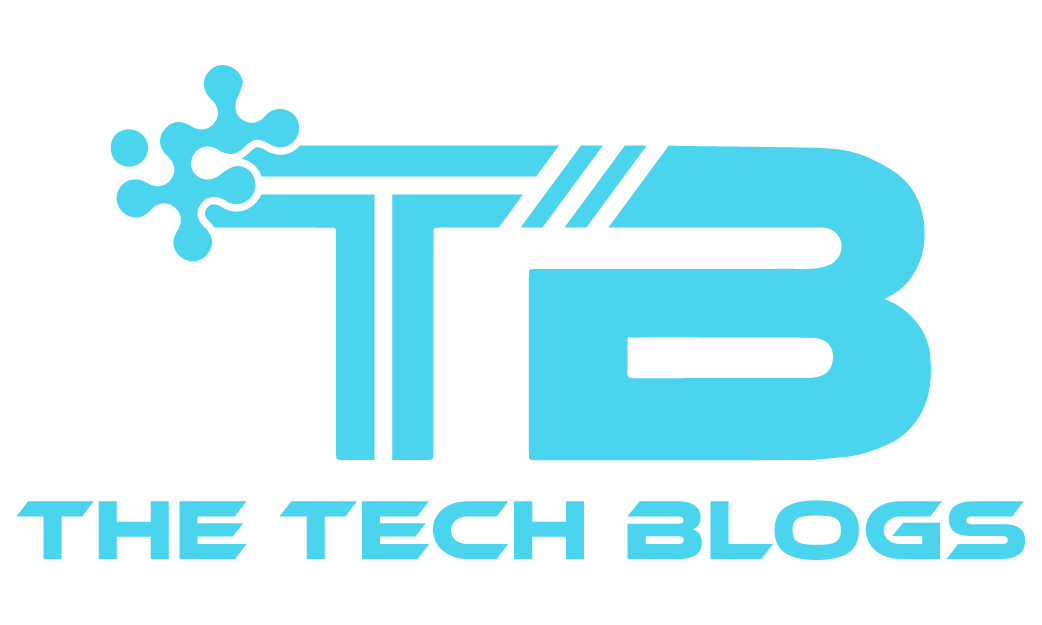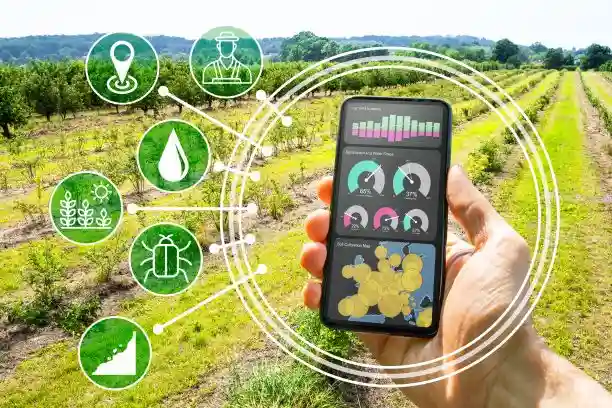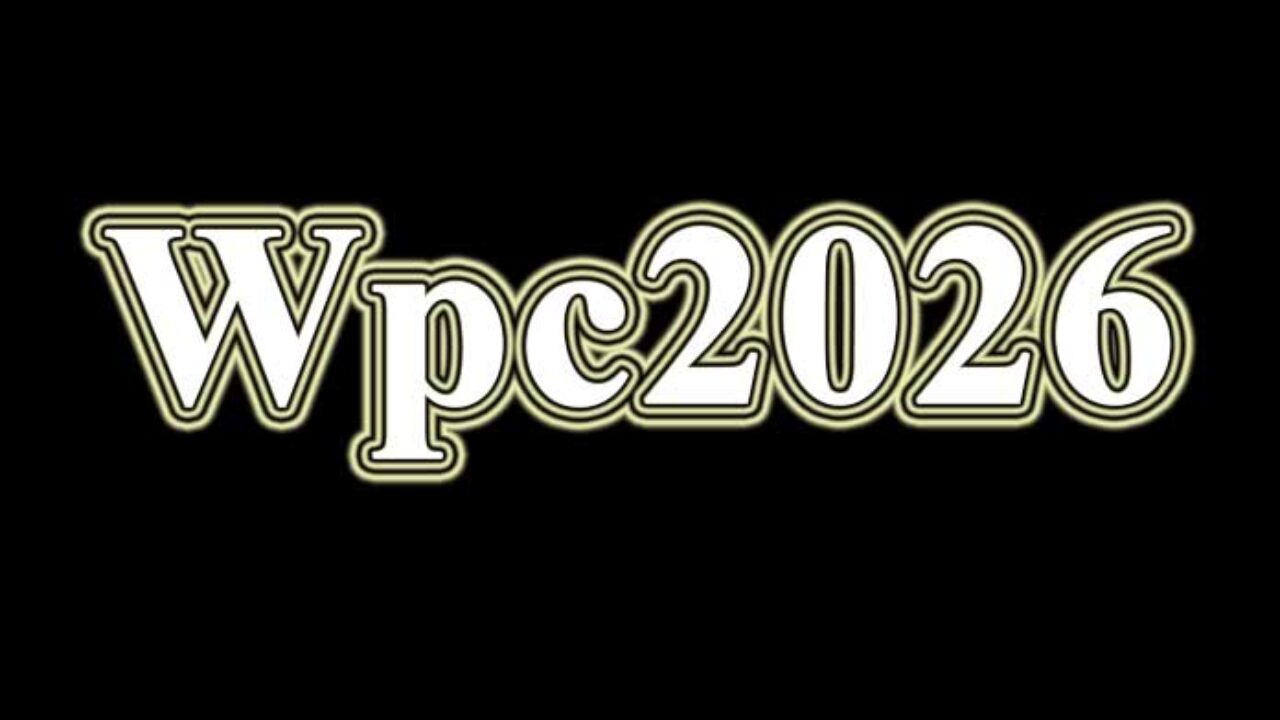Have you ever wondered how the small country of the Netherlands is a global powerhouse in agriculture? The answer is technology. This article unravels why Dutch agriculture is critically dependent upon technology to sustain its farming industry. Get ready to have your mind blown by innovative farming methods, efficient use of resources, and the phenomenal growth that technology brings to Dutch agriculture.
The Unlikely Farming Giant
Small Land, Big Impact
The Netherlands, a country with limited land, has mastered the art of doing more with less. About 66% of the country’s land area is used for agriculture, yet it is the second-largest global exporter of food, right behind the United States.
A Historical Overview
Dutch agriculture has roots that run deep, and technology has always been at the forefront. From using windmills to drain water from the lowlands, the Netherlands has been innovative in farming since the medieval times.
Why is Dutch Agriculture Critically Dependent Upon Technology?
Here lies the crux of the matter. Given the country’s small land area and dense population, traditional farming methods are simply unsustainable. Technology acts as the lifeblood, allowing the industry to flourish, maximize yield, and minimize environmental impact.

The Green Revolution in the Netherlands
Pioneering Techniques
The Dutch farmers are not shy to try new techniques. They were among the first to embrace the green revolution, which included the use of synthetic fertilizers and pesticides.
Environmental Considerations
Dutch farmers are increasingly focusing on sustainable practices. They are pioneers in reduced pesticide use, nutrient recycling, and even energy production on farms.
Indoor Farming and Controlled Environments
Imagine growing tomatoes in a warehouse. In the Netherlands, this is a reality. High-tech greenhouses control every aspect of the environment, from humidity to sunlight, resulting in year-round farming.
Precision Agriculture
Drones and Data
Data-driven decisions are at the core of Dutch agriculture. Drones fly over fields to provide real-time updates on crop health, soil condition, and even to optimize harvesting times.
Soil and Water Management
By using sensors, the Dutch farmers get precise information on soil health and moisture levels, allowing them to irrigate only when necessary, thereby saving water.
Vertical Farming: The Future
A lot can happen in a small space. Vertical farming allows multiple layers of crops to be grown in controlled environments. It is a solution to both land scarcity and the quest for sustainable farming.
Genetic Engineering and Crop Selection
From improving disease resistance to enhancing nutritional content, Dutch research in genetic engineering is cutting-edge.
Automation and Robotics
Think of drones for monitoring fields, automated harvesters, and even robots for milking cows; automation is revolutionizing Dutch farms.
Sustainable Farming Techniques
Recycling nutrients, minimizing water use, and reducing carbon emissions are all integral parts of Dutch farming, thanks to technology.
The Role of Government and Policy
The Dutch government has been a supportive partner, offering tax incentives for sustainable farming and investing in R&D.
The Importance of Research and Development
Investment in R&D is non-negotiable for the future of Dutch agriculture. Research not only supports current practices but also helps in adapting to future challenges.
The Economic Impact
It’s not just about farming; the agricultural sector in the Netherlands is a key contributor to its GDP, and technology plays a significant role in this.
Global Influences and Dutch Agriculture
Dutch farming techniques are not staying within the borders; they are influencing agricultural practices worldwide.
The Social Impact
The Dutch are proud of their agricultural heritage and the social fabric it has built. Technology enables the continuation of this legacy.
Balancing Tradition and Technology
While technology is pivotal, it does not replace the years of traditional knowledge and practices that Dutch farmers have accrued.
The Risks Involved
With high-tech comes high risks. A simple glitch in a system can result in significant losses.
The Future Outlook
While the present is bright, the future holds even more promise. New technologies like AI and machine learning are the next frontier in Dutch agriculture.
Challenges and Controversies
No industry is without its challenges. Public perception around genetically modified organisms (GMOs) and pesticide use are topics of debate.
Case Studies
Success stories from the field prove that technology and agriculture can coexist harmoniously.
Community and Collaborative Farming
Innovative programs are promoting community involvement and knowledge sharing among farmers.
Educational Programs and Skill Development
With new technology comes the need for new skills. Educational programs ensure the workforce is prepared for the future of farming.
Investment Opportunities
From start-ups to established companies, there are numerous investment opportunities in Dutch high-tech agriculture.
The Global Relevance of Dutch Agriculture
The Netherlands is a model that many countries can learn from, especially those struggling with similar challenges.
Lessons for Other Countries
If the Netherlands can become an agricultural giant with limited land, so can other nations. The key is embracing technology.
FAQs
Q-Why is the Netherlands a leader in agriculture?
The combination of innovative technologies and supportive policies make the Netherlands a leader in agriculture.
Q-How do Dutch farmers make use of drones?
Drones are used for real-time monitoring of crops, optimizing harvest times, and more.
Q-What is vertical farming?
It’s a method where multiple layers of crops are grown in a controlled environment, allowing for efficient use of space.
Q-Is Dutch agriculture sustainable?
Yes, sustainable practices are a cornerstone of Dutch farming, facilitated by technology.
Q-Why is Research and Development important in Dutch agriculture?
R&D helps in sustaining current practices and preparing for future challenges.
Q-What are the economic implications of Dutch high-tech farming?
The agricultural sector contributes significantly to the Dutch GDP, and high-tech farming plays a crucial role in this.
Conclusion of why is dutch agriculture critically dependent upon technology?
In wrapping up, Dutch agriculture stands as a testament to what is possible with the right blend of innovation, policy support, and sustainable practices. The critical dependence on technology is not a weakness but a strength that has propelled Dutch agriculture onto the global stage.











